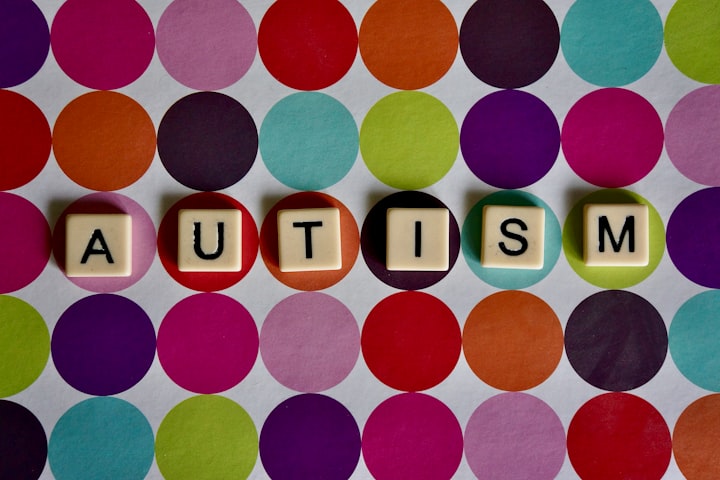7 Common Traits in Autistic Adults
Do you have any of these traits?

According to the National Autistic Society, 1 in 100 people in the UK are on the autistic spectrum. Autism is not an illness or disease, it’s a developmental disability that has a wide spectrum and can impact a person's social skills.
Many people, especially females can go undiagnosed until they are adults.
"I feel autistic women are more likely to be described as ‘anxious’ and an autism diagnosis overlooked since it can challenge gender stereotypes." - Dr Camilla Pang, autistic scientist and author,
On one hand, being autistic may make it harder for a person to understand instructions or on the other hand, people with autism will be completely reliant on instructions to follow. Change and unfamiliar situations can be tricky to manage.
So, just what are the 7 common traits that are unique to autism in adults?
7 Unique personality traits of adults with autism
“The most interesting people you’ll find are ones that don’t fit into your average cardboard box...” – Dr. Temple Grandin
The main traits in adults are:
1. Struggling to make friends or a preferance to be on their own. With the latter, this can also be in response to spending too much time with others and becoming overloaded with social stimuli.
2. Preferring to have the same daily routine and getting anxious if there are any disruptions or changes.
3. Mapping out and planning events in advance.
4. Communication skills: Not always recognising social cues, over-talking in conversations, seeming blunt or rude or uninterested in others, even if this is not the intention. Struggling or feeling uncomfortable with eye contact.
5. Getting anxious or panicking about social situations and changes to routines.
6. Taking sarcasm literally or not always understanding jokes.
7. Find it hard to verbally express and fully understand what others are thinking or feeling.
***
Autism can be a superpower
The ability to see the world differently leads to innovation. If you have autism you are likely great at noticing the smaller details or even patterns between things that other people do not notice.
The GCHQ says that neurodiversity is the key to solving UK cyber security crimes.
“Since our inception, we have looked to hire individuals who are neurodiverse, and as a result, we have a thriving community of colleagues who think differently” — Cavan, Director of Strategy, Policy, and Engagement at GCHQ.
People with autism can also have sensitivities to sound and smell, that although this may not be seen as a positive trait, that autistic people are more aware of their surroundings than given credit for. If anything the problem is an over stimulus in environments.
Another interesting super ability is the very keen interest in certain subjects or activities in which they can become leading experts.
***
Masking Autism
"I find that being a female I am expected to behave a certain way to fit in socially which is why I have spent so much time masking." - Charl Davies, autistic tattoo artist.
Autism can present very differently in women, as we are considered better at ‘masking’ the disability.
The NHS website points out that autistic women may appear to cope better with social situations due to masking and mimicking behaviors.
Although this does make it more difficult to get a diagnosis of autism if you’re a woman.
***
In Conclusion
The world would be a pretty boring place if we were all the same. Neurodiversity should not be seen as a disablity, it should be celebrated. To see the world through a different lens is a gift. A rather ironic gift as those on the autistic spectrum can change this world for the better, but change is umcomfortable and can be a trigger.
***
Disclaimer: If you are concerned that you may be on the autism spectrum, make an appointment with your GP or medical professional to discuss possible testing and support.
Refrences:
https://www.hee.nhs.uk/our-work/autism
https://www.autism.org.uk/advice-and-guidance/what-is-autism
https://www.autism.org.uk/advice-and-guidance/what-is-autism/autistic-women-and-girls
***
About the Creator
Trisha Dunbar
Rambling of written words | Reader of things | Drinker of coffee | Doer of stuff | Welcome to my profile 😊






Comments
There are no comments for this story
Be the first to respond and start the conversation.